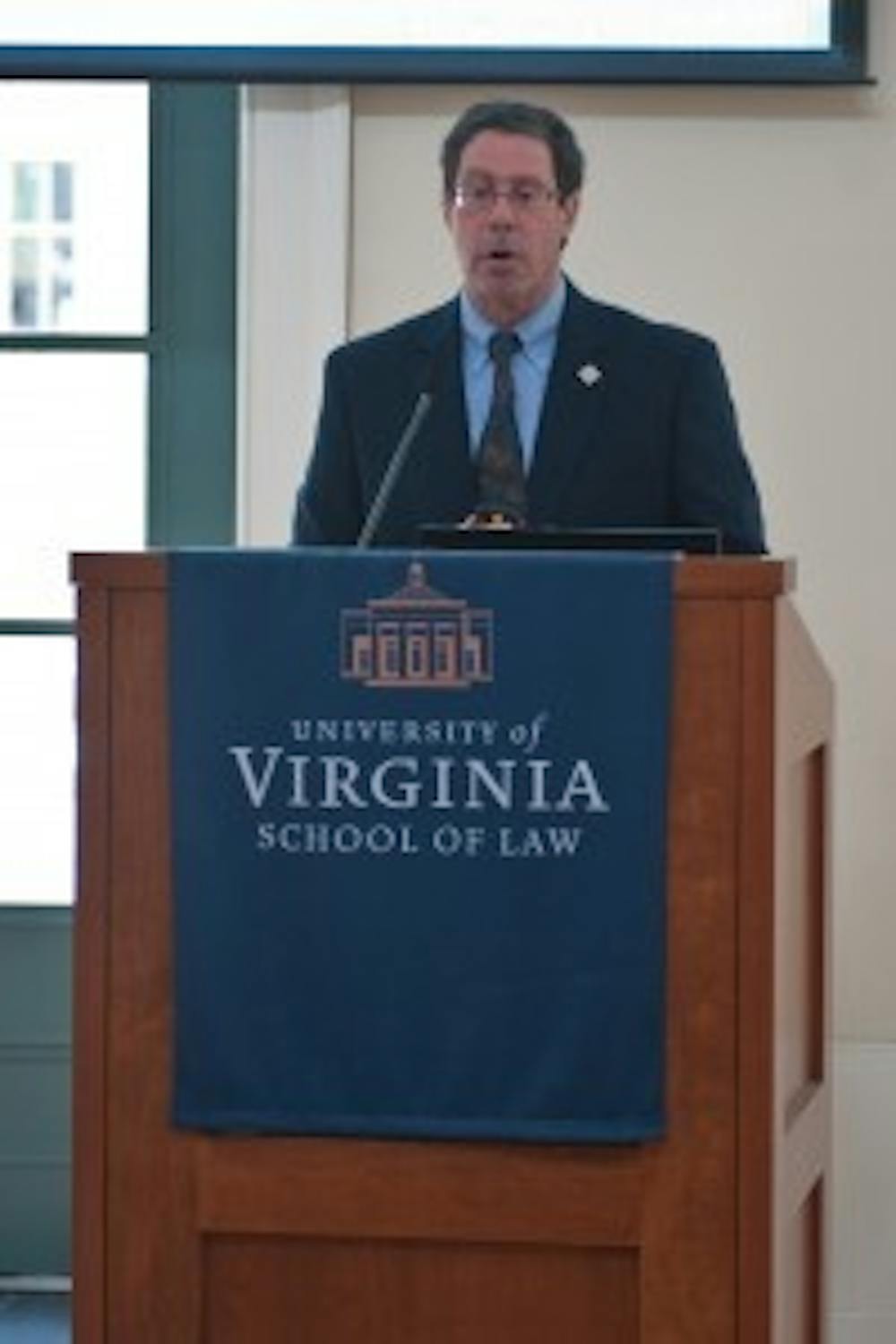The University Law School hosted a forum yesterday afternoon about media piracy featuring viewpoints from Hollywood's Paramount Pictures and non-profit group Public Knowledge.
Al Perry, the vice president of Worldwide Content Protection and Outreach at Paramount Pictures, said the community should take a stand against online content theft. As a representative of the film industry, he emphasized Internet piracy's harm to the industry. Making a movie, he said, is about "real people doing real jobs," and when "major studios are producing fewer films per year," thanks to declining revenues, these "real people" lose their jobs.
"Plain and simple, it is theft," Perry said. "We shouldn't be a society that if something is not offered at a price deemed attractive, we therefore go out and steal it."
Perry said the production of a film does not just involve a few star actors and the director, but a huge number of people. "Transformers," for example, employed 6,808 people, he said.
Art Brodsky, the communications director at Public Knowledge, which works to maintain Internet freedom, also spoke about Internet piracy, but in a different context than Perry.
Brodsky emphasized the restrictions which would be placed on the Internet if Congress were to pass legislation designed to stop online piracy, such as the Stop Online Piracy Act (SOPA) and the Preventing Real Online Threats to Economic Creativity and Theft of Intellectual Property Act (PIPA). He said SOPA was met with "opposition from all sides of the political spectrum [which] agreed on one thing - these bills were terrible [and] would have caused great harm."
Perry recognized the legislation was flawed but said production companies initially supported the creation of the legislation because of "frustration at [their] content still being available" on illegal sites.
Brodsky said these illegal sites can be deceiving because "consumers are misled into believing sites are secure and legitimate" by sophisticated and official designs.
Perry said some sites have even gone as far as impersonating other, more recognizable businesses, citing the case where language-learning software Rosetta Stone faced threats from a website attempting to fool users into thinking it was the legitimate company. To counter illegal downloading, he suggested people look for sites which use advertisements to generate revenue, such as Hulu, a website which streams videos of television shows and movies.
Brodsky said preserving a free-flow of information on the Internet will require revamped business models and a reformed copyright system. "Consumers want convenience," and the legislation should reflect this, he said.
The forum was moderated by Law Prof. Chris Sprigman, who said the Law School "wanted to have people who are experts in the field come to improve our knowledge"







